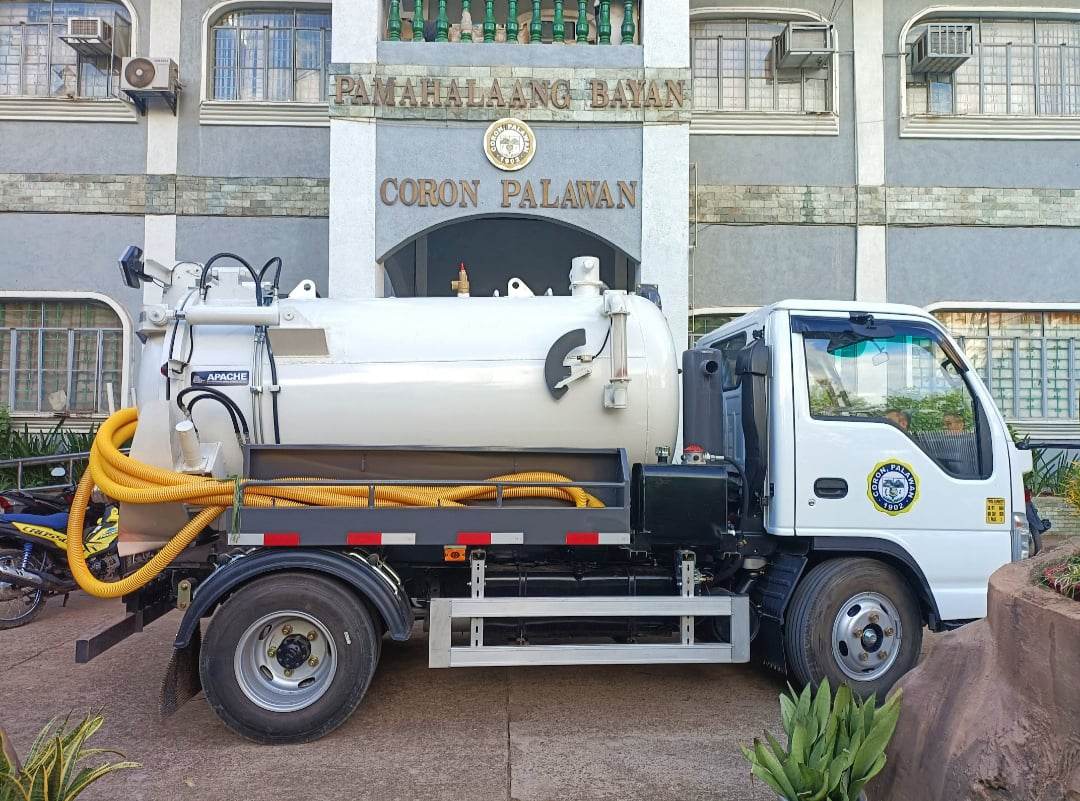The truck refrigeration unit revolution is transforming the transport industry, particularly in the logistics of perishable goods. These advanced refrigeration systems are essential for maintaining the quality and safety of food during transit. As the demand for efficient cold chain logistics grows, understanding the advancements in truck refrigeration units becomes increasingly important for businesses seeking to optimise their supply chains.
The Evolution of Truck Refrigeration Units
Early Refrigeration Methods
Historically, transport companies relied on rudimentary methods for refrigerating goods, such as ice and salt. However, these early solutions posed significant challenges, including inconsistent temperatures and limited capacity. The introduction of the truck refrigeration unit marked a turning point in the industry, allowing for more reliable and efficient transport of temperature-sensitive products.
Technological Advancements
Over the years, truck refrigeration units have undergone substantial technological advancements. Innovations such as electric and hybrid refrigeration systems have emerged, providing transport companies with more sustainable options. These modern truck refrigeration units are increasingly integrated with smart technology and the Internet of Things (IoT), allowing for better monitoring and control of temperature settings throughout the journey.
Key Features of Modern Truck Refrigeration Units
Energy Efficiency
One of the most critical aspects of contemporary truck refrigeration units is their energy efficiency. With rising fuel costs and environmental concerns, companies are prioritising energy-saving technologies within their refrigeration units. Modern truck refrigeration units are designed to consume less power, significantly reducing operational costs while maintaining optimal performance.
Temperature Control and Monitoring
Accurate temperature control is paramount in the refrigerated transport sector. Advanced truck refrigeration units now feature sophisticated systems that allow for real-time monitoring of temperature. This ensures that products remain within safe temperature ranges, preventing spoilage and waste. The ability to track conditions throughout the supply chain enhances the reliability of the truck refrigeration unit and ultimately improves customer satisfaction.
Environmental Considerations
Environmental sustainability is becoming increasingly vital in all aspects of transportation. The shift towards eco-friendly refrigerants within truck refrigeration units plays a significant role in reducing the carbon footprint of the logistics industry. As regulations tighten, companies are focusing on adopting sustainable practices, making the modern truck refrigeration unit a critical component in achieving environmental goals.
The Impact of Truck Refrigeration Units on Supply Chain Logistics
Enhancing Food Safety and Quality
Truck refrigeration units play a pivotal role in ensuring food safety and quality during transportation. By maintaining consistent temperatures, these units help preserve the freshness of perishable goods, which is essential for compliance with safety standards. The ability to rely on a truck refrigeration unit not only enhances product quality but also reinforces consumer trust in brands committed to delivering safe and high-quality food products.
Supporting Global Trade
As global trade continues to expand, the importance of refrigerated transport cannot be overstated. Truck refrigeration units enable companies to transport goods across vast distances without compromising quality. For instance, the export of fruits and vegetables relies heavily on effective cold chain logistics facilitated by reliable truck refrigeration units. These systems allow for timely deliveries, making them indispensable in international supply chains.
The Future of Truck Refrigeration Units
Emerging Trends in Refrigeration Technology
Looking ahead, the future of truck refrigeration units appears promising, with several emerging trends on the horizon. Innovations such as solar-powered refrigeration systems and advanced insulation materials are gaining traction. These technologies aim to further enhance the efficiency and sustainability of the truck refrigeration unit, positioning it as a key player in the evolving transport landscape. Additionally, the advent of autonomous trucks could revolutionise how refrigerated goods are transported, introducing new efficiencies to the supply chain.
Challenges and Opportunities
While the future of truck refrigeration units is bright, the industry does face challenges. Regulatory compliance can be daunting, especially with ever-evolving environmental standards. However, these challenges also present opportunities for innovation. Companies that invest in modernising their truck refrigeration unit systems can stay ahead of the curve, ensuring they meet regulatory demands while also enhancing operational efficiency.
Takeaway
The truck refrigeration unit revolution signifies a monumental shift in how perishable goods are transported. As technology continues to evolve, the impact of these refrigeration units on the transport industry will only grow. By understanding the developments and trends surrounding truck refrigeration units, businesses can make informed decisions that optimise their supply chains and contribute to a more sustainable future.










